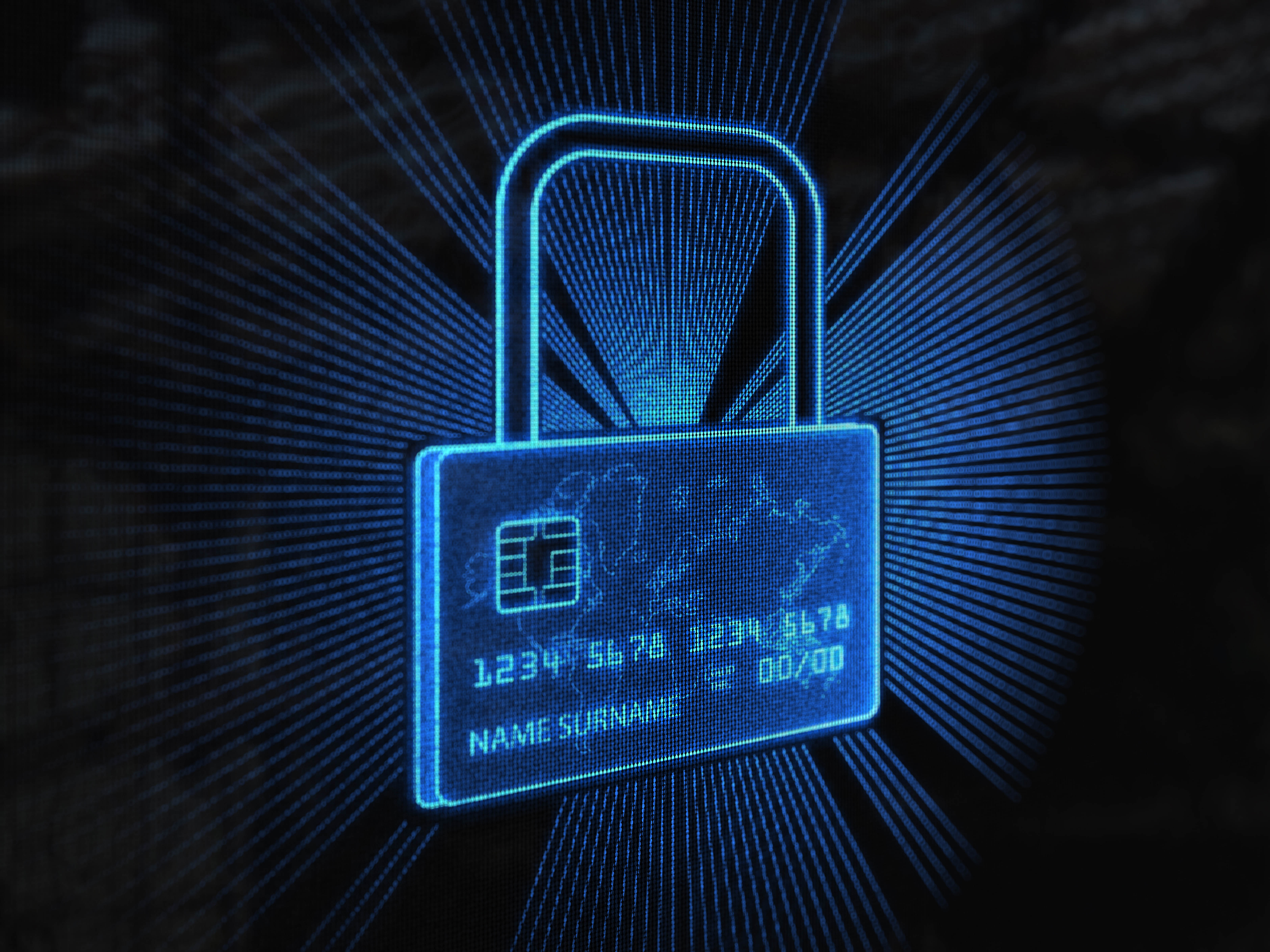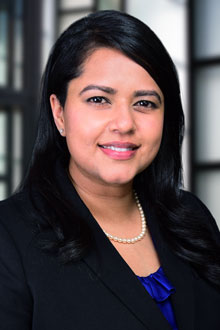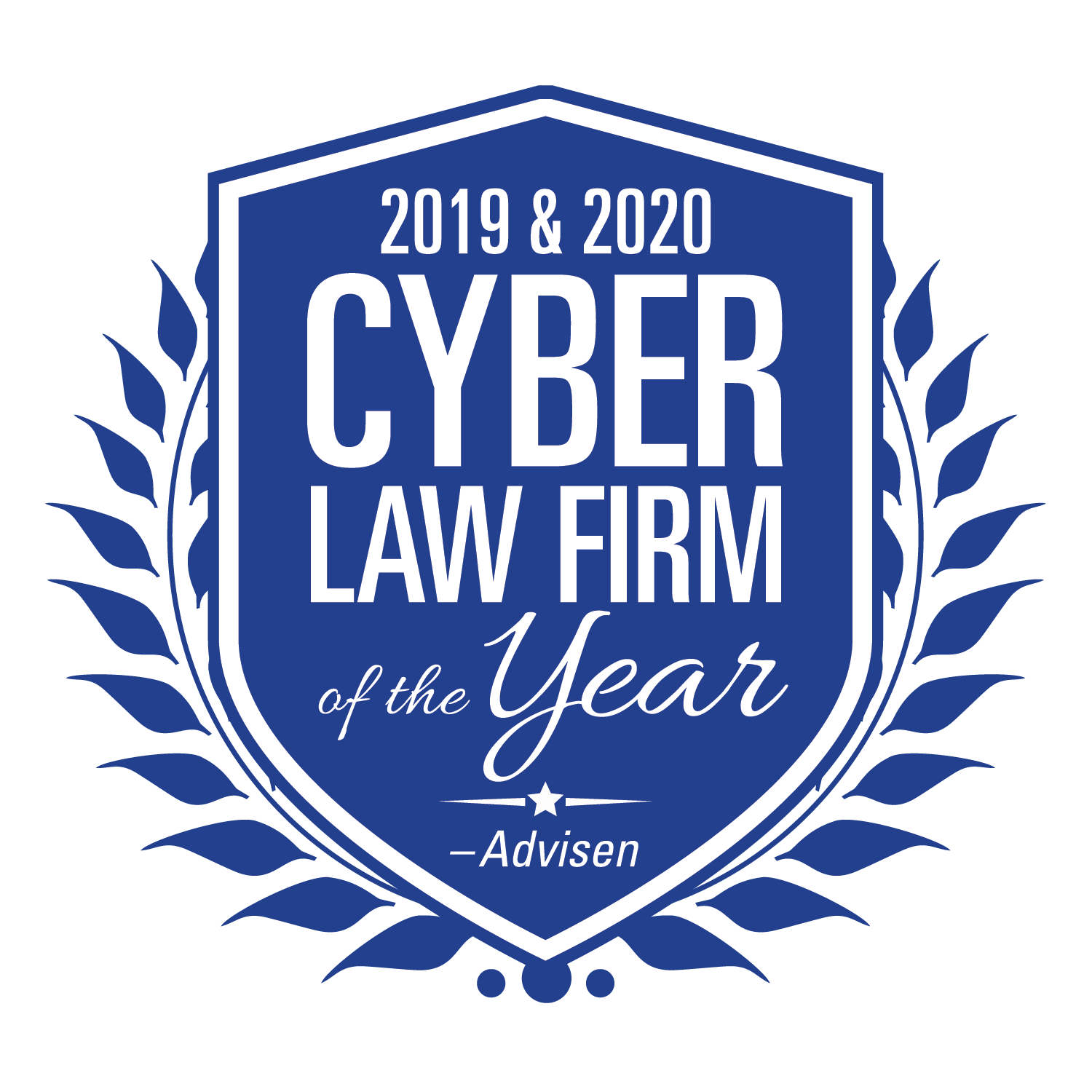Cybersecurity: Who Can Certify Compliance to the NYDFS
Posted on: January 30, 2019
In: Data Privacy & Cybersecurity
By: Bindu Nair

The New York State Department of Financial Services (NYDFS) Cyber Security Regulation for Financial Services Companies 23 NYCRR 500, enacted in March 2017 (the “Regulation”), sets out the required framework for regulated entities’ information security programs. The NYDFS Cybersecurity Regulation applies to “Covered Entities,” which are organizations required to operate under NYDFS authorization pursuant to the New York Banking Law, the Insurance Law, or the Financial Services Law1.
The Regulation requires Covered Entities to engage in specific cyber assessment activities, including all of the following:
- assess their specific risk profile;
- develop a written incident response plan;
- develop a written policy or policies approved by the Senior Officer or the Covered Entity’s Board of Directors for the protection of its data and nonpublic information;
- conduct vulnerability assessments;
- systematically scan or review the information systems to identify and remediate known cybersecurity vulnerabilities; and,
- provide documentation in response to “Cybersecurity Events” as well as comporting with consumer and regulatory notification obligations.
Other exemptions apply, and an assessment of an entity’s corporate structure, use of technology and information systems, use of public versus non public information, among others must be conducted to determine whether an exemption applies. Those exempted entities must file a Notice of Exemption within 30 days of the determination that the Covered Entity is exempt.
To ensure compliance, all non-exempted Covered Entities must file annually a certification of compliance to the Superintendent of NYDFS2,3. A Covered Entity can only submit a certification if they were in compliance with all portions of the regulations that apply to that Covered Entity. But who in a Covered Entity is qualified to attest to this certification?
The Senior Officer Requirement
Section 500.01(m) says that a “Senior Officer” shall file the certification. The Regulation defines “Senior Officer” as a someone who is responsible for the management, operations, and security of information systems for the Covered Entity4. A certification can also be made by the governing body of any type of corporate body including corporations, partnerships, or any other formations. The certification should be made by the highest governing body, irrespective of whether it is called the “Board of Directors.”
While a CFO or COO would have the role of a Senior Officer for almost every aspect of the entity’s operations, what about those officers whose role is limited to information systems or operational risk management? The answer lies in the Regulation’s definition of the role of Chief Information Security Officer (CISO).
Can the Chief Information Security Officer sign the Certification of Compliance?
The Regulation requires the Covered Entity to designate a CISO or a “qualified individual responsible for overseeing and implementing the Covered Entity’s cybersecurity program and enforcing its cybersecurity policy5.”
Part of the responsibility of the CISO is to report at least annually to the entity’s board of directors or equivalent governing body regarding the entity’s cybersecurity program and material cybersecurity risks. If no such board of directors or governing body is available, the Regulation allows the CISO to present this report to the Senior Officer.
At first glance, this appears to suggest that the CISO is not envisioned to be a Senior Officer. However, the CISO and Senior Officer requirements are not proscriptive, instead allowing the Covered Entity to have operational flexibility. Subsection (b) of the CISO requirement envisions that the CISO will produce an annual written report to the Covered Entity’s governing body, creating a direct line of communication with no other C-suite attenuation. This certainly suggests that a CISO can act as a Senior Officer of the Covered Entity.
The second sentence of Subsection (b) also demonstrates the Department’s allowance for structural flexibility envisioning situations where the CISO hat might be worn by an IT Director who otherwise reports to the CFO or COO. It is not proscriptive; it suggests that the CISO can be, but does not have to be, a Senior Officer.
The Regulation even allows Covered Entities to outsource the role of CISO. That external CISO must then report to a “senior member” of the Covered Entity. Note, the language is not “Senior Officer,” meaning the person signing the Certification - the Senior Officer - does not have to directly oversee the external CISO. The Covered Entity is not proscribed from having the Senior Officer directly oversee the external CISO—it is not a requirement.
In summary, the Regulation grants organizational flexibility and leaves room for the Senior Officer to be the CISO, the CFO, or some other executive-level officer. The touchstone for the Senior Officer determination will be the level of autonomy and executive power exercised by those clearly in senior leadership roles with the Covered Entity. As long as the Covered Entity engages in a careful consideration of the role and responsibilities of the officer nominated to certify compliance with the Regulation, it is unlikely to go in the wrong direction.
For more information, visit the NYDFS Cybersecurity Resource Center or contact a Lewis Brisbois Cybersecurity Team Member.
Endnotes
[1] Of course, certain entities are exempted pursuant to 23 NYCRR §500.19. For example, if the entity has:
(a) fewer than 10 employees, including independent contractors, responsible for the business of the Entity and its Affiliates located in New York; or
(b) less than $5,000,000 in gross annual revenue in each of the last three years from New York business operations of the Entity and its Affiliates; or
(c) less than $10,000,000 in year-end total assets, calculated in accordance with generally accepted accounting principles, including assets of all its Affiliates.
Other exemptions apply, and an assessment of an entity’s corporate structure, use of technology and information systems, use of public versus non public information, among others must be conducted to determine whether an exemption applies. Those exempted entities must file a Notice of Exemption within 30 days of the determination that the Covered Entity is exempt.
[2] Per 23 NYCRR §500.17 (b), each Covered Entity must submit to the superintendent a written statement covering the prior calendar year by February 15th, certifying that the entity is in compliance with the requirements set forth. Each Covered Entity shall maintain for examination, by NYDFS, all records, schedules, and data supporting this certificate for a period of five years.
[3] Regulated entities and licensed persons must file the Certification of Compliance for calendar year 2018 no later than February 15, 2019.
[4] Individuals filing a Certification of Compliance for their own individual license as a Covered Entity are acting as a Senior Officer, as defined in the Regulation, and should complete the process in that manner.
[5] 23 NYCRR §500.04 (a)


